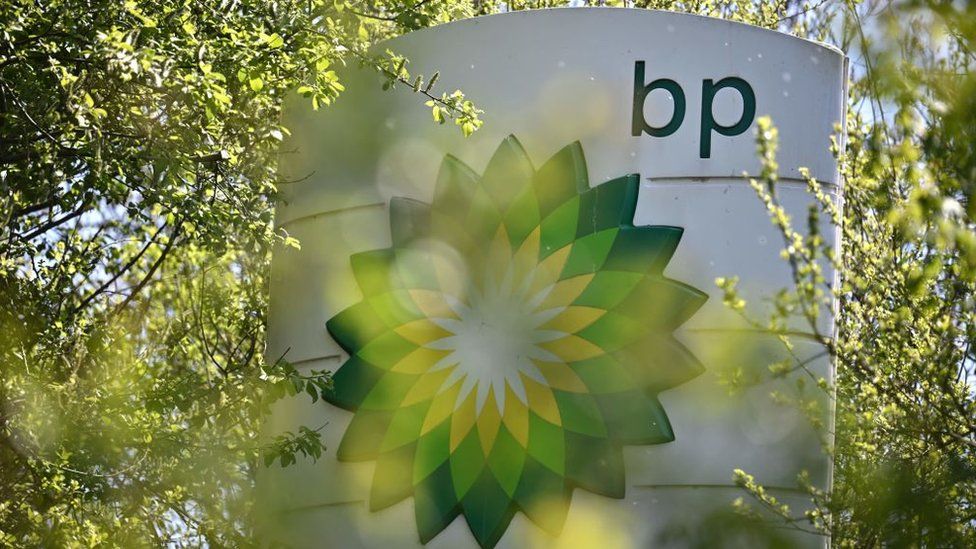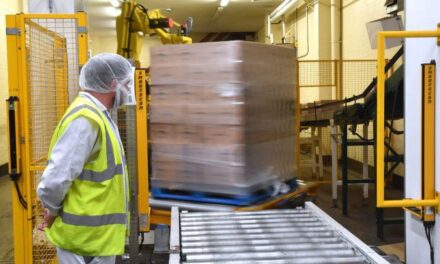BP’s profits for the first three months of this year have more than doubled after oil and gas prices soared.
The energy giant reported an underlying profit of $6.2bn (£4.9bn) compared to $2.6bn in the same period last year – ahead of expectations.
BP said the increase was due in part to “exceptional oil and gas trading”.
Rising profits have prompted calls for a one-off windfall tax on energy companies to help UK households grappling with rising bills.
This type of charge targets firms that are lucky enough to benefit from something they were not responsible for – in other words, a windfall.
BP’s profits have been driven by a sharp rise in oil prices, initially led by increased demand as economies reopened following Covid lockdowns. Last November, BP chief Bernard Looney described the energy market as “a cash machine”.
Oil prices rose further after war broke out in Ukraine and western countries imposed sanctions on Russia following its invasion. Russia is the second biggest exporter of crude oil, and is also the world’s largest natural gas exporter.
UK inflation is currently at its highest rate for 30 years, lifted by the rising cost of oil and gas which has inflated fuel prices as well as the cost of household energy.
Labour leader Sir Keir Starmer told the BBC that BP’s profits – which beat analysts’ expectations of $4.5bn – “reinforce the case that we’ve been making which is that, with so many people struggling to pay their energy bills, we should have a windfall tax on oil and gas companies in the North Sea who have made more profit than they were expecting”.
Italy has said it will increase its tax on energy companies’ windfall profits from 10% to 25%, but the UK government is not in favour of such a charge.
Prime Minister Boris Johnson said a windfall tax would hamper investment and keep oil prices higher over the long term.
He told ITV: “If you put a windfall tax on the energy companies, what that means is that you discourage them from making the investments that we want to see that will, in the end, keep energy prices lower for everybody.”
Liberal Democrat leader Ed Davey said energy companies should “pay a little more to help the most vulnerable”.
“The Conservative government’s refusal to introduce a windfall tax on the super profits of oil companies is becoming impossible to justify,” he said. “BP is raking in eye-watering profits while millions of people struggle to pay the bills.”
Chancellor Rishi Sunak has previously said he would explore a windfall tax policy if companies did not invest enough in the UK’s energy supply.
To view the original article, click here.




